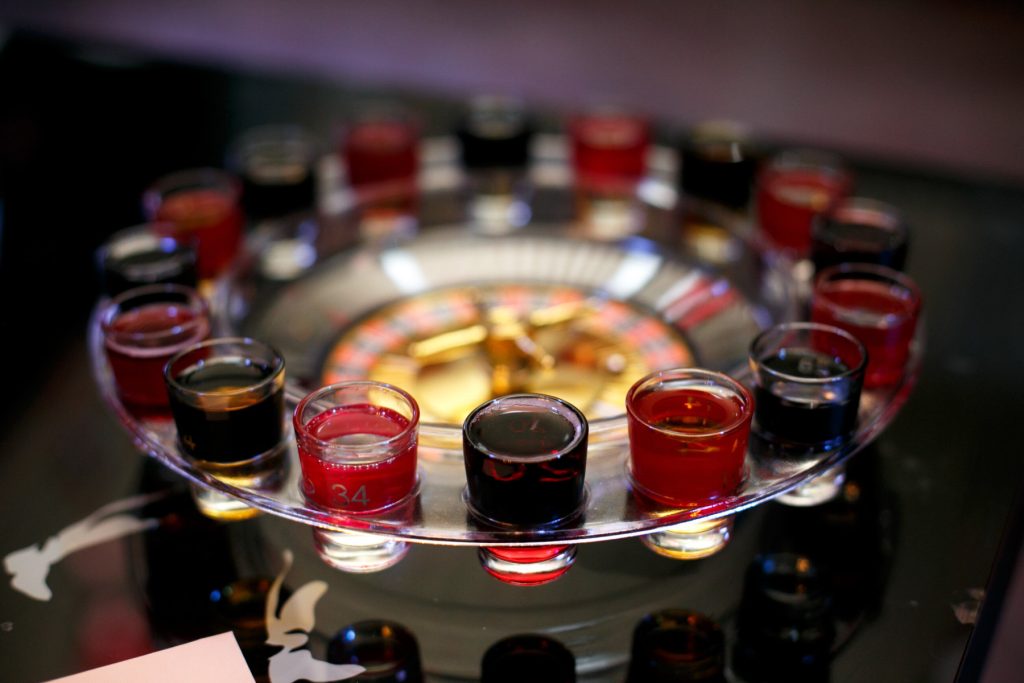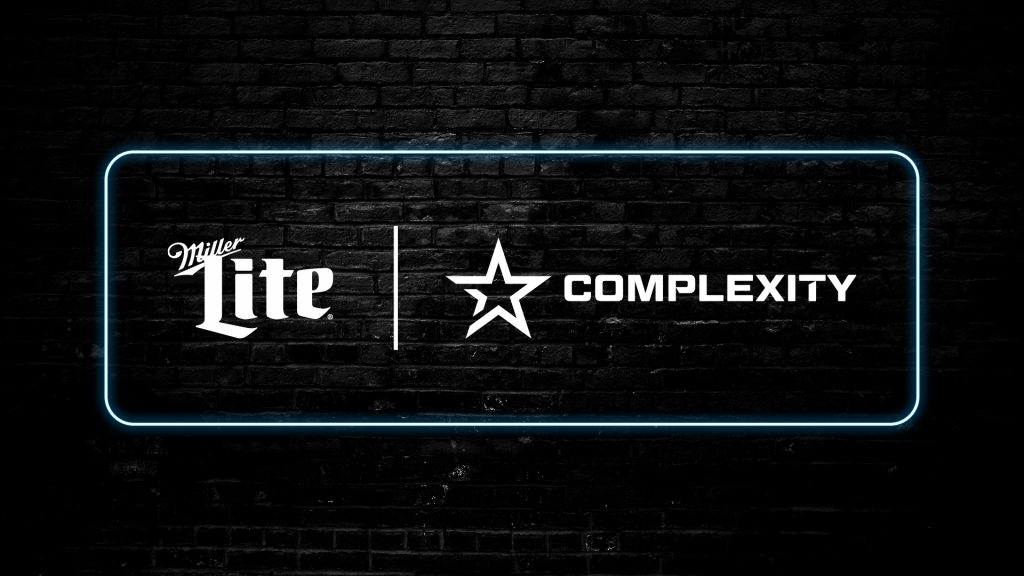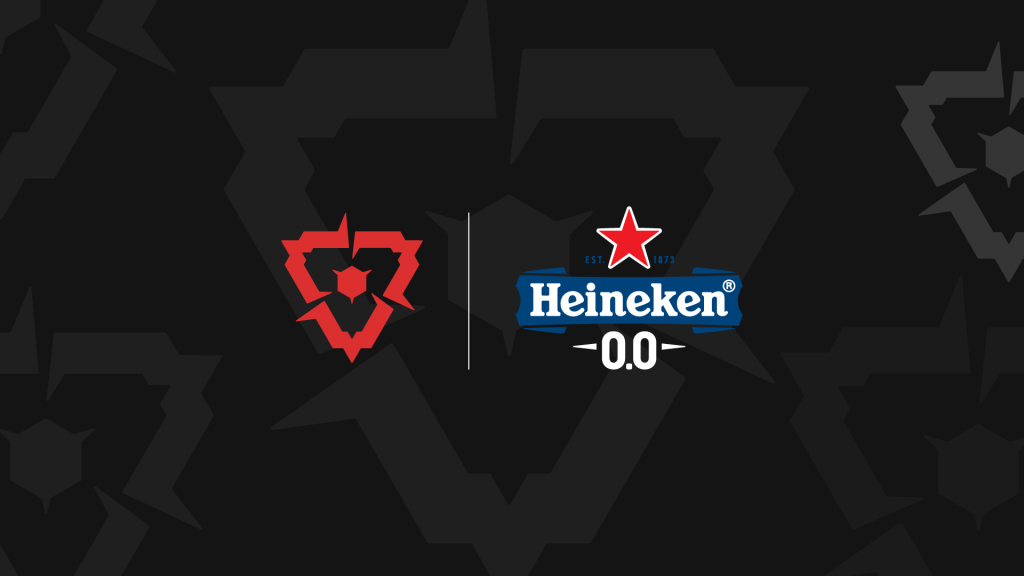
Amid the so-called esports winter and a global economic slowdown, many organisations are on the hunt for ways to boost revenue.
Partnerships make up the majority of esports teams’ revenue, and one area in which there’s arguably unexplored potential is alcoholic beverage sponsorships. In traditional sports, the sector was worth $2.4bn (~£2bn) in the Americas in 2023 and $462m (~£377m) in Europe in 2021, reports by Global Data found.
Indeed, several alcohol brands have already successfully activated in esports. Notably, in the last three years, Bud Light struck deals with the fighting games competition EVO, Call of Duty Team Toronto Ultra, Evil Geniuses and CLG. In 2021 The Esports Awards were sponsored by Truly Hard Seltzer and Twisted Tea, BLAST partnered with whiskey and vodka brands in April 2023 and G2 Esports recently signed with Jägermeister.
But despite these initial successes and the dire need for revenue, it isn’t quite so straightforward in esports. The main issue for alcoholic beverage sponsorships in esports is underage fans, who may come into contact with promotional material. In some jurisdictions, it is illegal to advertise alcohol products directly to youth under the legal drinking age.
The problem for esports is that they have a much higher percentage of fans under 18 year-olds compared to traditional sports — 37% versus 23% respectively, per Nielsen data. Yet having a drink while watching sports is a legitimate tradition cherished by billions of people worldwide, and it’s becoming more popular in the esports world as well with the rise of dedicated esports and gaming bars.
Alcoholic beverages sponsorships can be potentially lucrative for cash-strapped teams and tournament operators — enough to make some decide it’s time to take the plunge. But not all esports titles are the same; some games may be more appropriate than others as potential fans and customers age in and out. More mature titles like Counter Strike and Dota 2 would likely be a better fit than those that cater to a younger audience like Fortnite or Rocket League.
Still, some organisations avoid partnerships with alcohol brands out of fear of either alienating segments of their fanbase, or running afoul of legislation protecting minors from alcoholic beverage adverts.
To try to understand the sentiment around the esports industry, we asked a few stakeholders what their relationship is with alcoholic beverages, why they chose one partner over the other or why they wouldn’t consider such a deal. BLAST and Team Liquid did not respond to requests for comment, though others explained their point of view.
Complexity Gaming, which is part of a large group that includes the Dallas Cowboys, has a long-standing partnership with Molson Coors (the makers of Miller Lite beer). Bee Lee, Head of Partnerships and Brand Experience at GameSquare, told Esports Insider: “It made sense to bring Miller Lite into the Complexity family as sports offer a shared experience that has brought friends and family over a cold beer for decades. It’s a natural next step to bring those moments to the virtual arena”.
The age limit problem, Lee said, is addressed by having “of-age talent” promoting and interacting with the product. The strategy has so far seemed to yield successful results for the company, considering the partnership has been renewed for four consecutive years.

“Within our headquarters we have the Miller Lite Player Lounge,” Lee explained, “where our players, creators and management team can connect with one another and celebrate big wins responsibly with Miller Lite on tap. We’ve since extended that through our sponsored livestreams, where our of-age talent can log on, and have fun with teammates, friends, and fans.”
Complexity did not comment when asked about potential risks, though the partnership does not appear to have met any controversies or criticisms in its four year lifespan.
G2 Esports, which partnered with alcoholic liqueur brand Jägermeister in May, told Eports Insider it similarly sees value in partnering with premium alcohol brands that align with its values. “With Jägermeister, we’ve found the perfect partner that helps us do just that and much more,” a G2 Esports spokesperson said. “A global brand that is not only active in more than 130 countries — supporting our positioning as a truly global organisation — but is also one of the most iconic brands out there.”
G2 Esports also said it was being mindful of how it reaches its audience with the partnership. Working with Jägermeister, the organisation claims to have conducted checks on all social media and influencer and player accounts to make sure it is adhering to local law. That includes being mindful of the type of content produced, the context that content is set in, as well as where and how it’s distributed. “We’re excited for this space to finally be opening more for teams and feel like there’s lots of potential for future growth within the sector,” G2 said.
ESL Gaming, meanwhile, has taken a different approach. When looking for a sponsor for ESL One Germany Dota 2 events, ESL went with Bitburger, the third most-consumed beer in Germany — but only its alcohol-free Bitburger 0.0% brand.
“Like with any other brand partnership” ESL commented, “the collaboration needs to be a fit with the product and the audience it connects with. At the same time, we need to take into account the impact our products have on the well-being of the audience we reach as we build, connect, and nurture next-generation esports ecosystems. Much like 0.0% (sub-) brands, every brand or product is unique, and we want to ensure that every partnership reflects this while of course always being prudent”.
ESL is not the only one to use this strategy. In January, Riot Games announced that its European League of Legends league, the LEC, had signed a contract with Desperados 0.0% while in March, Heineken 0.0 became the official beer partner of its North American VALORANT league. Alcohol-free sub-brands of popular beverages appear to have been used as a prudent way of avoiding concerns around promoting alcohol to the esports audience.

One of the companies that is adamant about its relationship with brands that make alcoholic beverages is Electronic Arts. Two of its biggest competitive leagues, the Apex Legends Global Series and the FIFA Global Series (which will become the FC Global Series from 2024 onwards) have clearly stated in their official rulebooks that “players may not display sponsorships from brands associated with alcoholic beverages”.
Monica Dinsmore, Senior Director – Esports Brand & Marketing at EA, told Esports Insider: “We prioritise relations with brands that share the competition’s values. Our fans must feel like they are not being exploited to sell them something. We work with brands that are both interested in the [EA-owned Apex Legends Global Series] because it allows them to reach an audience they otherwise couldn’t and that align with EA’s guidelines for partners”.
Activision Blizzard also used to prevent alcohol brand partnerships for its franchised Call of Duty and Overwatch Leagues, but it changed course in 2021 to allow them — perhaps as an attempt to remedy reportedly low league revenus.
Complexity Gaming and G2 Esports seem to be happy about their partnerships, having found a way to promote alcoholic beverages without stirring controversy. ESL Gaming and Riot Games meanwhile have so far struck to safer routes with alcohol-free products.
With esports bars on the rise and other convivial occasions revolving around the combinations of esports and alcohol, there is a chance for esports organisations and leagues to grow through these deals, though prudency will remain key to avoid legal or public backlash.
These cases above, however, nonetheless prove that there’s a way to integrate alcoholic beverages into sponsor portfolios in esports. As esports audiences mature and age up in many titles, esports may well be set to benefit from alcoholic beverage advertising revenue.
UPDATE 16/10/2023: This article originally stated that G2 Esports did not respond to comment, however this was an editorial error on behalf of Esports Insider.
